
Crisis Management: How to write a holding statement
Crisis Management: How to write a holding statement. In this episode about crisis comms communication, how to craft an effective holding statement for the media. The episode includes a practical scenario to test your skills.
What are crisis comms holding statements?
They're a brief initial response from your organisation. A first statement that needs to be issued quickly when things go sideways for your organisation. This might be some sort of accident, financial issues, or other wrongdoing, basically, a PR crisis.
The importance of crisis comms holding statements
Now before we get into this, Crisis Comms is a big topic; in this episode, we're just going to focus on putting together that initial holding statement.
A few paragraphs to temporarily satisfy the press, public, and your employees and stakeholders while you get to grips with the situation.
What crisis comms holding statements are not
To kick things off, let's discuss what a crisis comms holding statement is not. It's not a press release. It should be short, to the point, and contain your key messages. This isn't the time for two sides of A4 written in a newsy style.
If a story about your organisation is breaking, your holding statement is likely to be quoted verbatim. You need to look in control and that means getting to the point.
Responding to a crisis
So, a crisis is happening and everyone in the office is running around panicking. The MD is crying in the toilet, your brand is being burned to the ground on social media.
TAKE A DEEP BREATH.
You need to focus. Ask yourself, what needs to go into your holding statement?
More media training guides and podcasts

Is it ok to ignore a journalist?

Building your personal brand so journalists find you first

Media interview quick-start guide

Media training book

How to hold a press conference

Time for a media training refresher?

How to get your boss on board with media appearances

Is it okay to say “I don’t know” in a media interview?
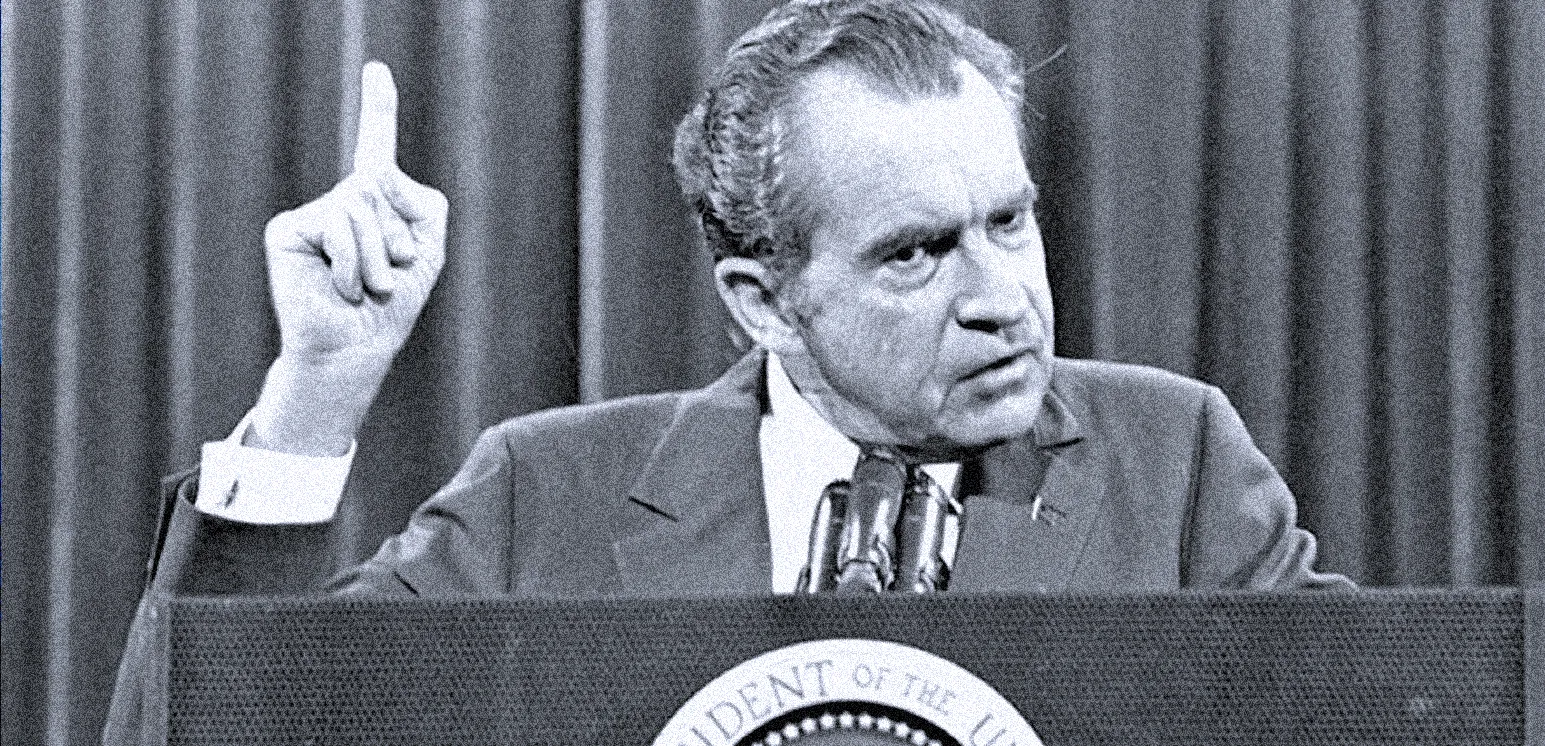
Why should you avoid repeating negative questions in media interviews?

How to look and sound relaxed in a media interview, performance tips

Mastering profile interviews in the media

Media appearances, the unwritten rules

Public apologies, how to say sorry in the media and mean it

Why off-the-record journalism is riskier than you think
Key elements of a crisis comms holding statement
Here's my simple list, your need to:
- Acknowledge the situation: Clearly and honestly state the facts, without speculation. (more on this in a minute)
- Show empathy: Show you care, especially to anyone injured or affected by the crisis.
- Offer reassurance: That means explaining what action is being taken to address or resolve the problem.
On this third point... just saying "We're looking into it" isn't going to cut the mustard!
Try responding to my realistic crisis scenario
So that's our framework; let's look at building some key messaging using something that looks like a realistic crisis.
It's worth pointing out that crises don't appear fully formed. You don't get all the facts straight away. Details will drip in from a variety of sources and some of the information might be hearsay or plain wrong.
A hypothetical scenario for crisis management
Let's look at this for a scenario. Your organisation - let's say - is a social landlord, a housing association - let's call it Marvelous Housing.
It's 10 am, and on social media, tweets are reporting that armed police and other emergency services have been called to one of your properties. It's a residential home.
A housing officer nearby calls in and confirms this. She's behind a police cordon but has been told a man brandishing a knife is inside the house.
Armed police are outside, there's a standoff situation, and possibly hostages inside. Neighbours who are also tenants of your housing association have been moved to safety.
Thankfully, your quick-witted housing officer has decided to join them at a nearby community centre. You send extra colleagues to offer help and support.
In this situation, you'd call the police.
They only confirm that officers are at the address. They ask for tenant details, which you supply.
In your records, you note that the tenant has made several complaints about faults and issues at the property.
How's the picture looking so far? Not ideal?
Half an hour later on social media, someone correctly names the tenant. The message claims "he's lost it because he's sick of his heating not getting fixed."
Then the office phone starts ringing with journalists trying to find out what's going on.
"Is it true you ignored this tenant's complaints? Is that why he's in a standoff with the police?"
What do you do? What is your holding statement?
Pause the podcast here and have a go at writing the holding statement for this scenario. Then you can compare it with mine. Hit pause now.
Crafting an Effective Holding Statement
OK, how did you get on? Here's how I would tackle it.
Let's build our key messages from what we know.
Let's return to our holding statement plan.
- Acknowledge the situation: Clearly and honestly state the facts, without speculation.
Let's try this:
"At 10 am today, we were made aware of an ongoing situation at a property owned and managed by Marvellous Housing on Coronation Street in Manchester. The Police and other emergency services have taken control of the situation and are at the scene."
Now, those are the hard facts. We're not going to speculate, talk about a siege, a knife. We're not going to talk about hostages or name the tenant. That's not our job here. We are just aware of the situation. Remember, the police will be issuing their own media statements on this case.
Next, show empathy:
"Our immediate concern is for the safety of our tenants. As such, some families from the area have been moved to a nearby community centre where our staff are on hand to offer help and support. We are asking any tenants with worries or concerns to call our helpline on this number."
So far so good, next, offer reassurance, which means explaining what action is being taken to address or resolve the crisis.
"We are cooperating with the Police and other emergency services and offering any help they may need to ensure a swift and safe resolution to this situation."
You could also add a line about how you'll do an update when there is more to say.
So, there we have it, our holding crisis comms statement. It's not going to win the Pulitzer Prize. It is quite dry and fact-based.
The tenant may have an axe to grind, he may have a genuine grievance. But as it stands, there's nothing to apologise for yet. We're not being sucked into a narrative about the tenant and his broken heating. As it stands, this is a police matter and as an organisation, you are alert to the facts and doing your bit to support the police.
Don't jump to an inquiry promise in your holding statement
Similarly, at this point, there's no point in over-promising in the reassurance section of your statement. For example, in this case, we don't need to start promising an internal inquiry into what's happened. Or at least not yet.
It may be that this is purely a police matter. If you promise an internal inquiry when it's not needed, journalists will hold you to it.
This is just the starting point in your crisis communications
Of course, this is just your holding statement; you should be prepared to update it and consider ongoing updates, and in-person interviews depending on how it develops.
If it turns out your organisation is at fault, be ready to acknowledge responsibility. In this scenario, it would also be wise to issue a statement to your colleagues explaining what you are doing and urging them to refer any media calls to your press team.
So that's it for Crisis Comms holding statements. If you need help with media training, get in touch preferably well before a crisis appears!

Is it ok to ignore a journalist?

Building your personal brand so journalists find you first

Media interview quick-start guide

Media training book

How to hold a press conference

Time for a media training refresher?

How to get your boss on board with media appearances

Is it okay to say “I don’t know” in a media interview?

Why should you avoid repeating negative questions in media interviews?

How to look and sound relaxed in a media interview, performance tips

Mastering profile interviews in the media

Media appearances, the unwritten rules

Public apologies, how to say sorry in the media and mean it

Why off-the-record journalism is riskier than you think

What are key messages in the media?

Give your leader feedback after a media interview

Why avoid corporate speak and office jargon in media interviews?

Media interview preparation checklist

How to create a founders’ origin story

How to answer hostile or negative questions from a journalist

How to be authentic in a media interview

Crisis Management: How to write a holding statement
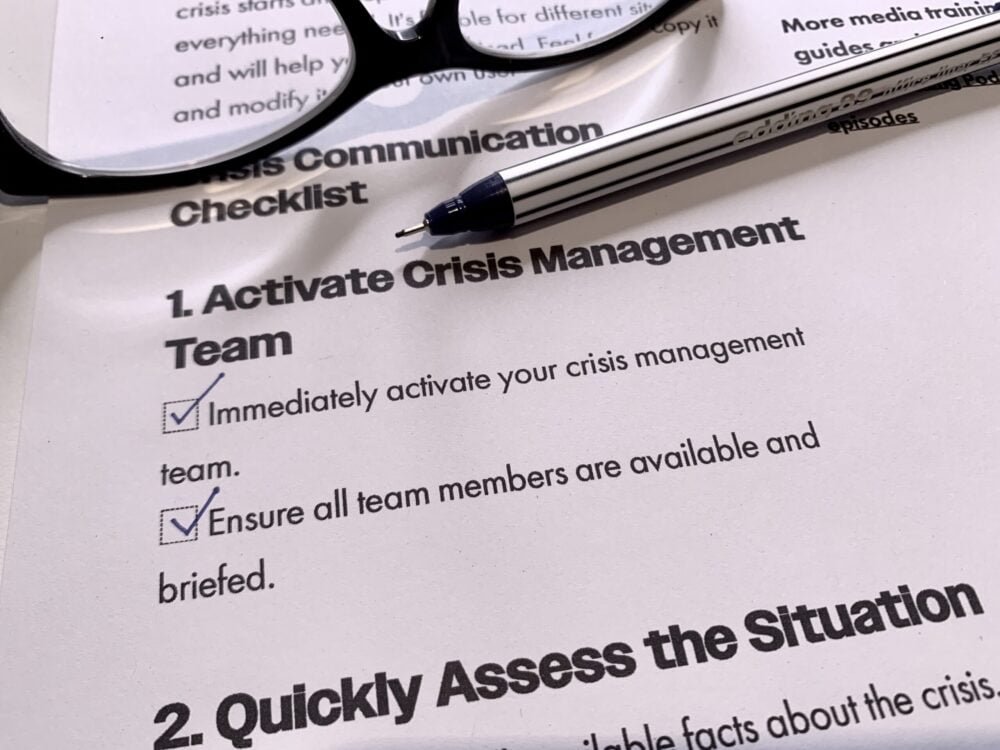
Crisis communications checklist

How to create a successful media soundbite
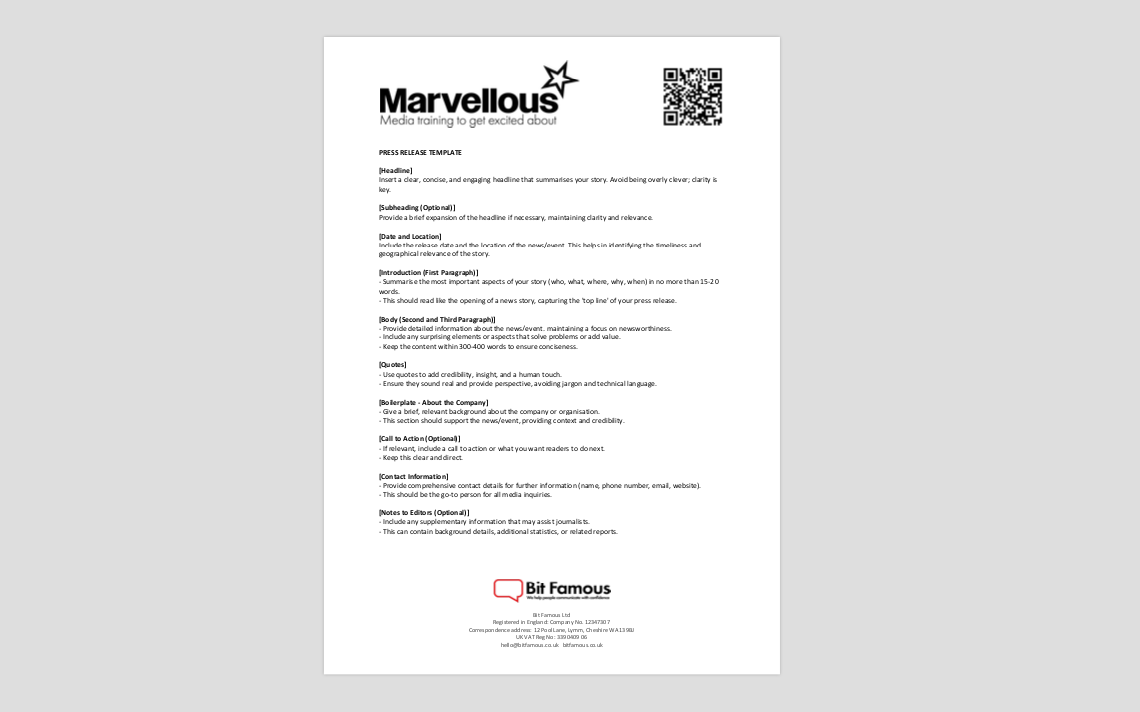
Free press release template (Word)

How do you handle a media question you don’t want to answer?
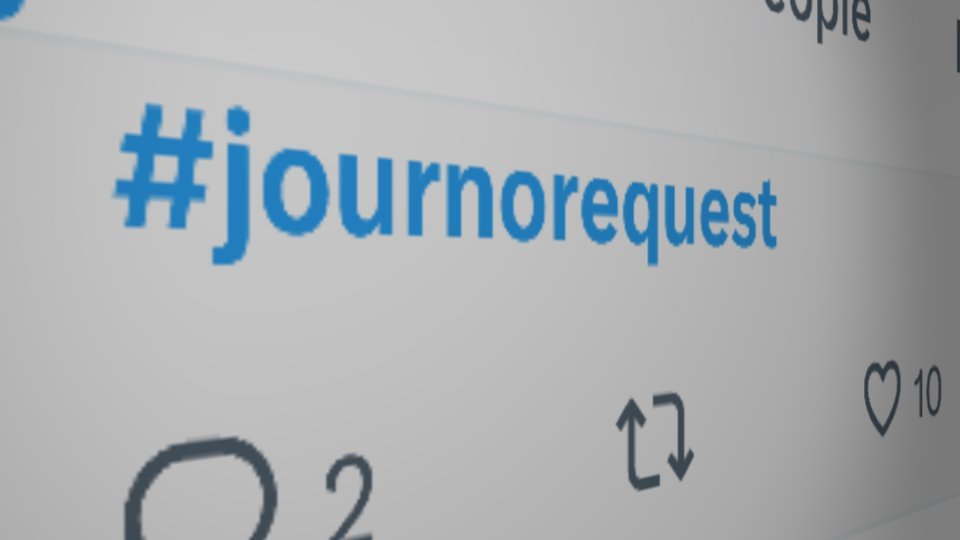
How to use #JournoRequest to get media attention for my business

How do I prepare for a TV interview online using Zoom, Teams or Skype?

How to appear on a business podcast

How to handle a difficult media interview
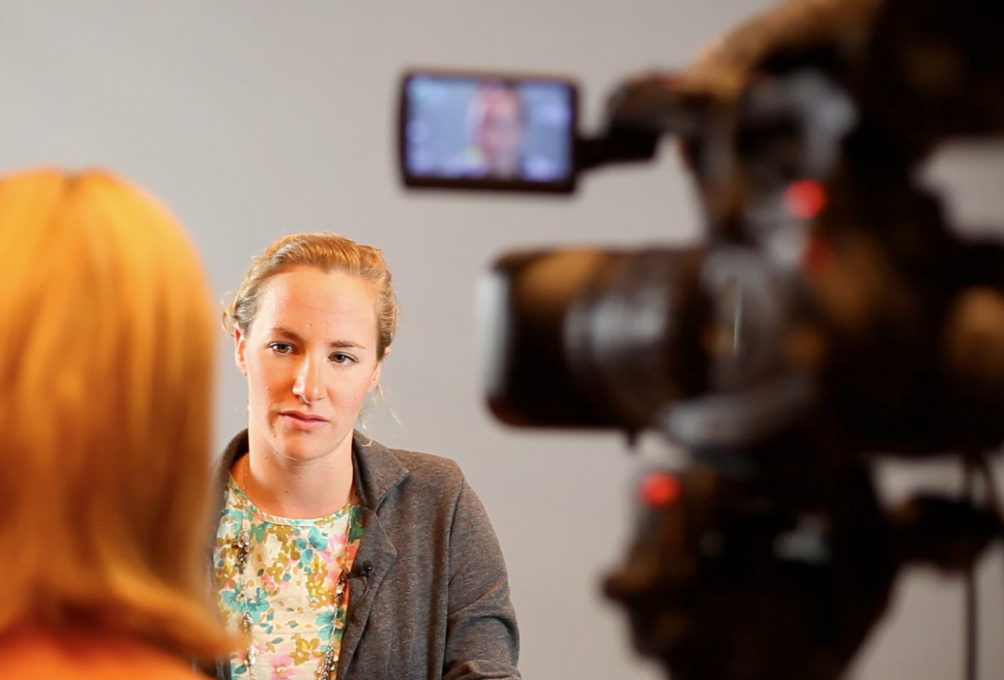
How to get featured in the media


